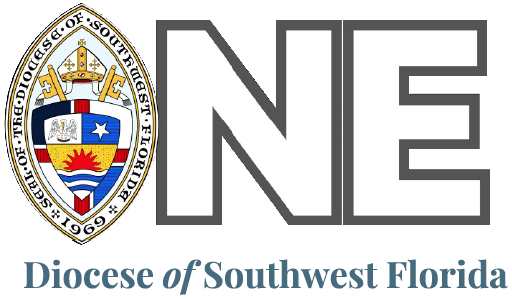Title IV: Ecclesiastical Discipline
“Title IV” refers to the section of The Episcopal Church’s Canons (laws) that addresses the grounds and processes for “ecclesiastical discipline,” a canonical process adopted by the Church to encourage accountability, reconciliation, and pastoral response when a member of its clergy (deacons, priests, or bishops) are accused of misconduct.
The Episcopal Church takes seriously its responsibility regarding Ecclesiastical Discipline, and has a section of its canons, or rules, that govern the process by which clergy are disciplined. The section, entitled Canon IV, relates to Accountability and Ecclesiastical Discipline. If you have concerns about the conduct of any clergy:
- Contact the Rev. Peter Lane at 727-332-1249 or email him on a secured encrypted email at https://www.encyro.com/episcopalswfl-intake
Matters involving a bishop are addressed to and handled by the Disciplinary Board for Bishops. (Canon IV.17.1)
https://www.titleiv.org/general-education-and-best-practices/what-to-exp…
This grid organizes the Canons of Title IV into the step-by-step process of a Title IV proceeding for each participant who is part of the process as per the Canons.
Cases referred to a Hearing Panel warrant a formal hearing or trial where evidence is received in the form of sworn testimony, cross-examination, and receipt of documentary evidence to get to the truth of the allegations if none of the other processes has resulted in a resolution. Hearings are open to the public, except for the deliberation of the Panel. Documents filed with or issued to the Hearing Panel or by any party or persons including but not limited to motions, briefs, affidavits, opinions, objections, decisions, notices, challenges, and orders are available below
The Hearing Panel, at its discretion and for good cause to protect any injured person or allegedly injured person may require the redaction of documents provided for in Title IV.13.Sec. 3(a), after consultation with the Church Attorney, the Respondent’s counsel, the Respondent’s Advisor, the Complainant’s Advisor or Counsel, if any, and where appropriate, the Bishop Diocesan.
Last Updated: 5-21-24
